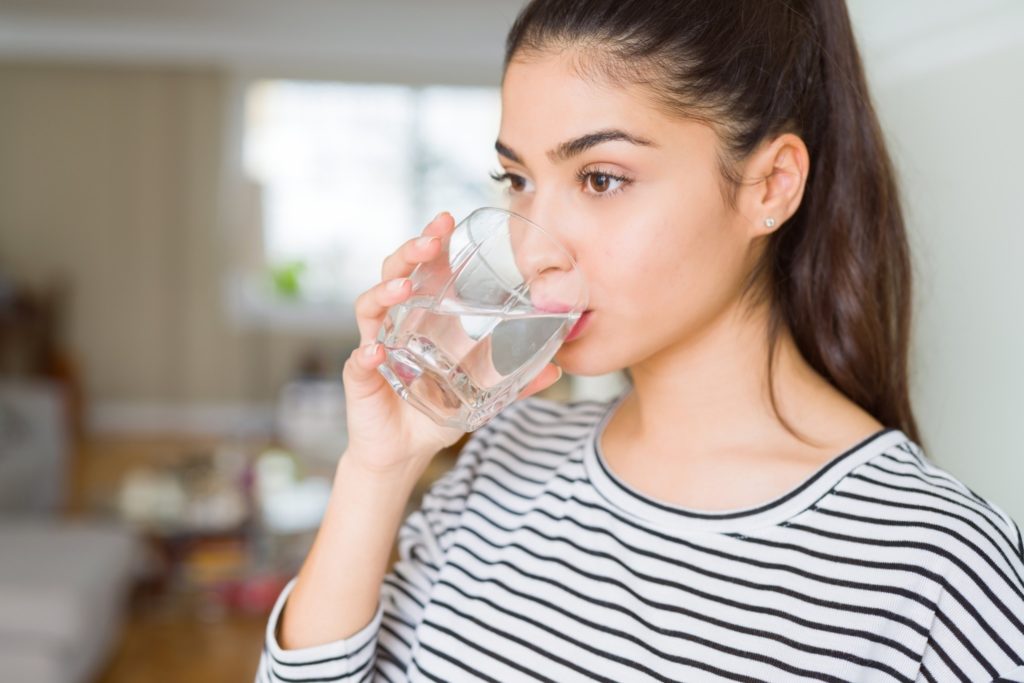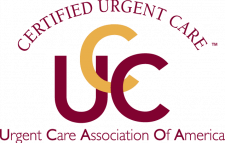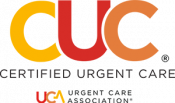Our bodies are 60% water. Water is a vital part of our existence; it is something that the human body cannot live without, which is why it is so important to consume enough every day.
With various cup amounts and hydration calculators, it can be hard to determine precisely how much water we should be drinking. While we’ve long been told that eight eight-ounce glasses a day will suffice, that may not be true for everyone.
There are various factors to consider when determining the ideal water intake for your body. It is important to understand precisely how much water you should be taking in to avoid adverse health effects and conditions like dehydration.
Let’s dive deeper into understanding exactly how much water you should drink daily to stay hydrated.
How much water do I need?
The short answer is that it depends.
Our body constantly loses water throughout the day, especially if we are physically active for a majority of it.
The predominant ways we lose water are through sweat in urine, but our entire body utilizes water in various ways.
Most body functions require water for optimal results.
While many health experts recommend following the 8×8 rule, which is consuming eight eight-ounce glasses per day, others advise drinking half of your body weight in ounces, so exactly how much water do you need?
We recommend following the advice of The U.S. National Academies of Sciences, Engineering, and Medicine, which advises the following water amounts by sex for adults:
- 11.5 cups (2.7 liters) a day for women
- 15.5 cups (3.7 liters) a day for men
It is important to note that these numbers reflect total water consumption, including that found in tea, coffee, juices and foods.
It is a good rule of thumb to remember that about 20% of our total water consumption comes from food alone.
Factors to Consider
The above-provided ounce recommendations are simply a tool to be used as a baseline for your water consumption amounts. Various factors may influence your overall water consumption.
You may increase or decrease your water consumption based on
- Activity level
- The temperature or season
- Your overall health
- Your environment
- Current medications or treatments
- Whether you’re pregnant or breastfeeding
The bottom line? Many factors influence your water consumption. Be sure to speak with your doctor directly to determine exactly how much water is right for you.
Does Water Help With Health Conditions?
Yes. Aside from keeping our bodies hydrated, water has many other health benefits, including
- Increased physical performance
- Stronger brain function
- Elevated energy levels
- Help with constipation
- Decrease in urinary tract infections
- A lower risk of kidney stones
- More hydrated and supple skin
What Happens if I Don’t Drink Enough Water?
Because so much of your body is made of water, when your hydration levels take a turn for the worse, it can cause a variety of health issues and associated symptoms, including
- Irregular or difficult bowel movements
- Dull skin
- Fatigue
- Dry mouth
- Persistent headaches
- Weight gain
Mild dehydration can quickly turn into a more serious condition if left untreated. Often, thirst is the first sign that your body needs more water.
Always listen to your body and avoid dehydration by
- Ensuring your urine is pale yellow or clear
- Drinking enough water to accommodate for increased physical activity or hot temperatures
- Consuming enough water regularly to avoid feeling thirsty
Comprehensive Dehydration Treatment at Emerald Coast Urgent Care
If you or a loved one are seriously dehydrated, you should seek medical care immediately.
Our compassionate and experienced team at Emerald Coast Urgent Care is here to help with your hydration-related health conditions seven days a week.
There is no need for an appointment; simply walk in to get the care you need now.




